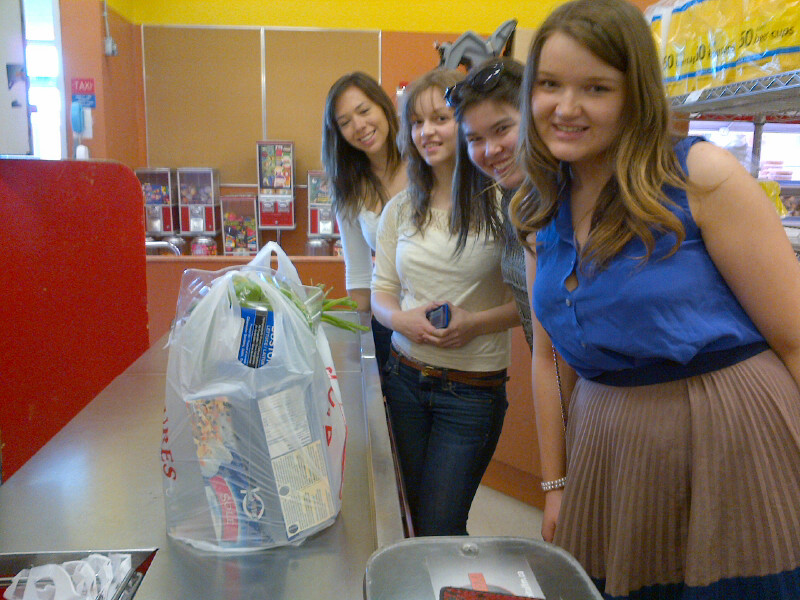It’s membership time. Cultivate Canada’s media. Support rabble.ca. Become a member.
On May 16, 2012 the UN Special Rapporteur on the Right to Food, Olivier De Schutter, released his preliminary report after his visit to Canada. The Special Rapporteur “was disconcerted by the deep and severe food insecurity faced by aboriginal peoples across Canada living both on- and off-reserve in remote and urban areas.”
The government response to this report was to unleash cabinet ministers who attacked the Special Rapporteur and dismissed his end of mission statement.
My office received numerous calls and emails telling me that the Special Rapporteur was right and that people were going hungry. This prompted me to take a trip to Nunavut and hear firsthand what people’s access to good and nutritious food was like.
My first stop was Pangnirtung, where I met with the Hamlet Council, the Hunters and Trappers organization (HTO) and many individuals from the community at a local meeting. The messages were consistent – too many people simply do not have enough to eat.
One mother talked about her kids being hungry, and therefore simply not having the energy to go to school. The hunters told me that the fish and game they catch cannot feed the community the way it used to. They also said that fuel and equipment are very costly, meaning some hunters cannot afford to go out on the land.
In addition, migratory patterns have changed for the game and fish (many say due to climate change) so when hunters do go out on the land there is no guarantee they will bring food home. One hunter said that sometimes they will travel 18 hours by snowmobile for caribou, only to find no caribou at the end of the trip.
In Iqaluit the story was the same — food prices are too high on budgets that cannot be stretched to feed a family nutritious food. Many people have no affordable access to country food and the federally regulated program, Nutrition North, has not eased the burden of high food costs.
While in Iqaluit, a group of young people wanted to show me the food difficulties they face daily. They decided to prepare a meal for me, based on what some on welfare would get. There were eight of us, so the students figured we would have $80 for the day’s food. This $80 bought one bag of groceries (for the record we had fish, salad, rice, frozen juice and ice cream).
All eight of us had something to eat, but there were lessons for us all. The two young men were still hungry at the end of the meal; we spent our whole day’s budget on one meal and did not buy any staples (cooking oil, spices, flour, toilet paper, etc). If anyone else had arrived we would have had to stretch the limited food to be good hosts and share.
The bottom line is that food costs were very high, and unless you are lucky enough to have a good paying job, you and your family cannot eat well.
Everything that I saw on my trip is substantiated by the second phase of the First Nations Regional Heath Survey (RHS) which was released this month. This report estimates that one out of every three (33.3 per cent) off-reserve Aboriginal households experience food insecurity, compared to 8.8 per cent of non-Aboriginal households.
Of those food-insecure Aboriginal households, almost half have been found to be severely food-insecure, compared to only a third of non-Aboriginal households (Office of Nutrition Policy and Promotion, 2007). The RHS also confirmed that more than half (54.2 per cent) of all First Nations households were food-insecure and 14.1 per cent were severely food insecure.
In conclusion, my trip to the North was truly an eye-opening experience and it showed me that instead of describing the UN as a waste of taxpayers’ money or dismissing DeSchutter as “ill-informed” and “patronizing” our federal government needs to listen to what the reports and the people are saying.
People are food insecure; people in a nation as wealthy as ours are going hungry and it would seem that the Special Rapporteur’s report should have served as an opportunity for Canada to re-examine its role in the food chain and commit to the right to food.
Jean Crowder is the NDP Member of Parliament for Nanaimo-Cowichan on BC’s Vancouver Island and is her party’s aboriginal affairs critic.



